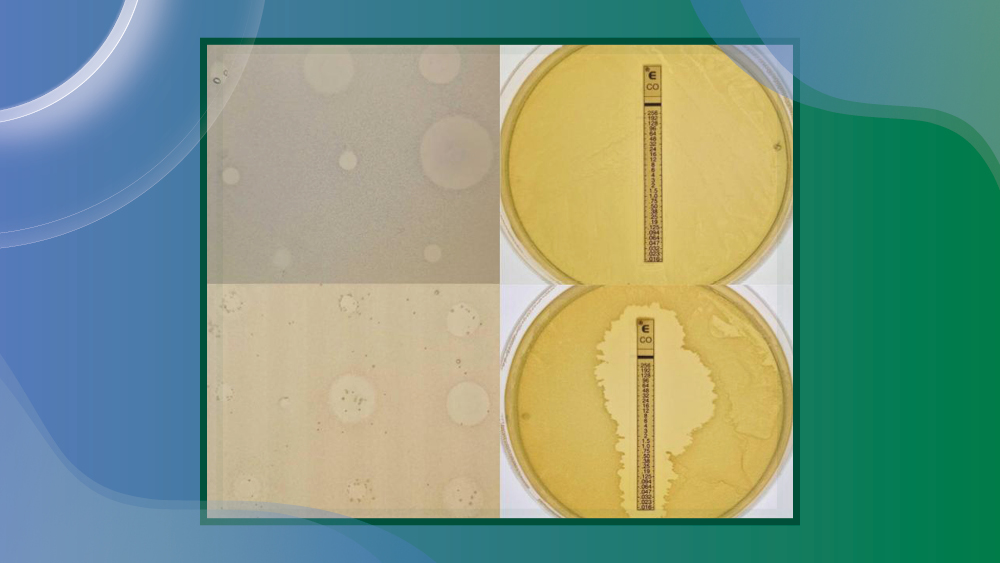Antimicrobial peptides (AMPs) are evolutionary ancient host defence molecules that protect epithelial and mucosal surfaces against microbial infections.
Historically, AMPs have been described to mainly protect against pathogenic microorganisms. Correspondingly a recent study using selected AMPs, including the bacteria-derived Polymyxin B and Human alpha-defensin 5, proposed that human gut bacteria are generally resistant towards AMPs. However, motivated by the broad variety of human AMPs we hypothesise that this conclusion is too general and potentially not correct for all AMPs. The Schröder lab has a long research interest in antimicrobial peptides and will initially perform a comprehensive antimicrobial activity screen against prominent gut commensals. The Zimmermann group has strong expertise in transposon mutagenesis screens in gut commensals. Assuming we identify commensal gut bacteria with considerable susceptibility to host-produced AMPs, we aim to identify the molecular mechanism by using a loss-of-function transposon mutagenesis screen. Results will be verified by generating clean mutants and utilizing gnotobiotic mouse experiments. Taken together, our project can only be realized through the combined expertise and methodology of both groups. We expect that our findings will correct the prevailing opinion that gut bacteria are generally resistant towards host-produced antimicrobial peptides.
Michael Zimmermann (EMBL Heidelberg), Björn O. Schröder (MIMS)
